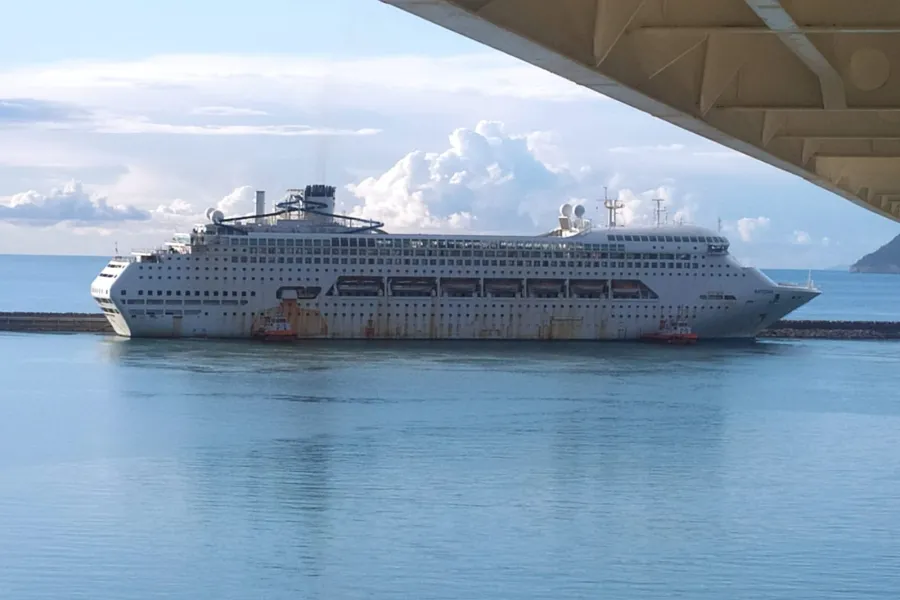
Some cruise ships have stories as colorful as their hulls. Beyond the decks a handful of vessels still sailing today were shaped by dictators, Cold War shipyards, religious retreats, and even a failed crypto experiment.
MSC Preziosa: Originally commissioned by Gaddafi
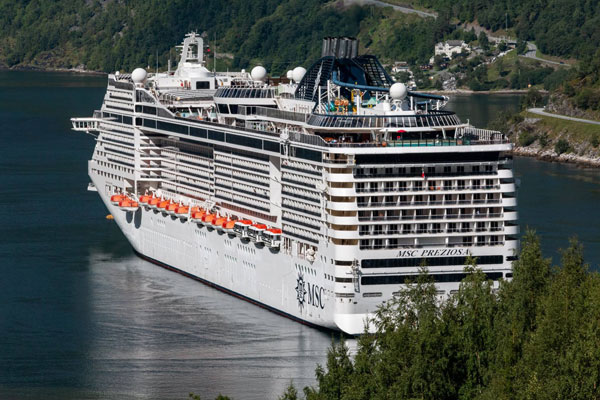
The MSC Preziosa, one of MSC Cruises ships has an intriguing political backstory. Originally ordered in the early 2000s as part of a Libyan tourism initiative backed by the Gaddafi regime.
Her keel was originally laid not for MSC Cruises, but for General National Maritime Transport Company (GNMTC) Libya’s state-owned maritime corporation under Muammar Gaddafi’s regime. The ship was initially to be named “Phoenicia”, intended to symbolize Libya's ambitions of entering the cruise market and showcasing its cultural pride on the world stage.
Construction began in France, but progress was hampered by delays, economic strain, and increasing international sanctions against Libya. By the mid-2000s, as Libya’s global standing deteriorated, GNMTC backed away from the project, unable to follow through on payments.
That’s when MSC Cruises, already in rapid expansion mode, stepped in. The cruise line acquired the incomplete ship, restructured the design, and rebranded the vessel as MSC Preziosa.
Seven Seas Mariner: From Cold War Hull to Ultra-Luxury Icon
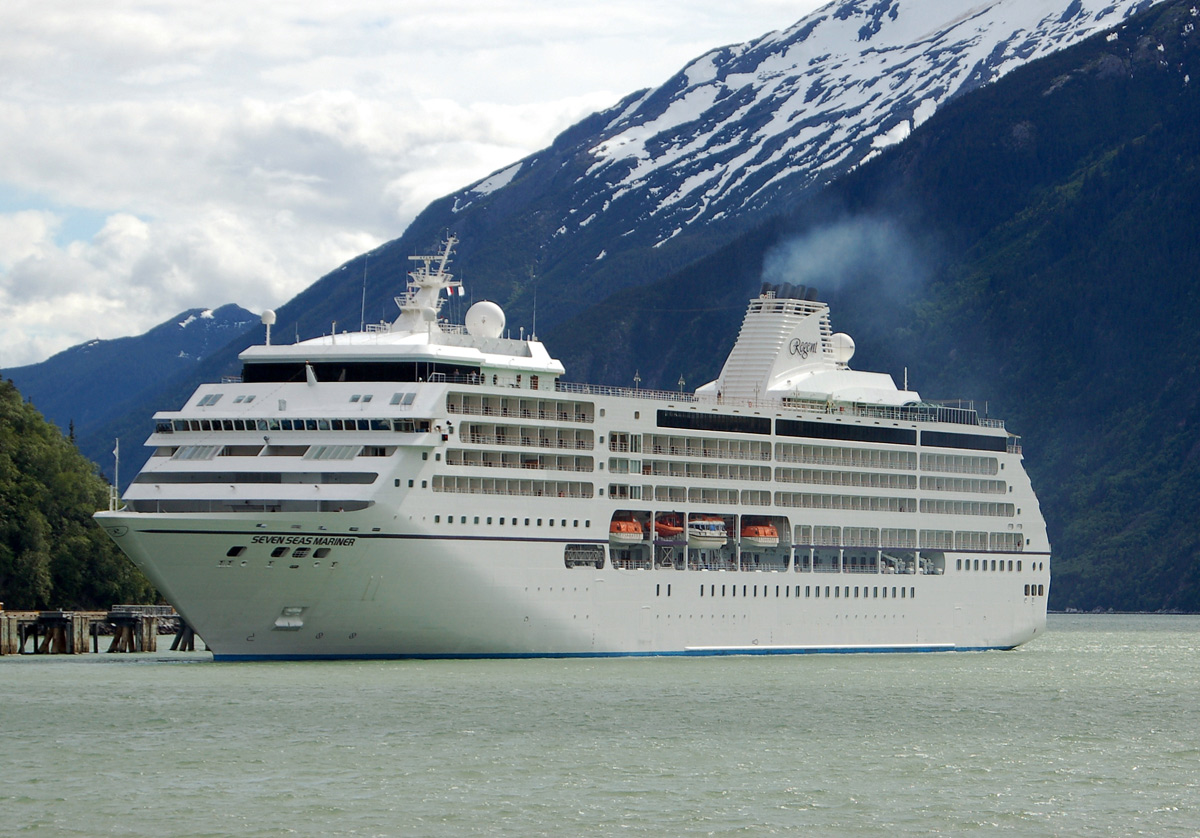
When you step aboard the Seven Seas Mariner, you're entering a world of all-suite, all-balcony elegance, but beneath that polished surface lies an unexpected origin: a hull born in the final days of the Soviet Union, originally intended for a vastly different maritime mission.
In the early 1990s, as the Iron Curtain was falling, shipyards across the former Soviet Union were left with numerous partially built vessels—many of them cargo ships, ferries, or utility-class hulls constructed with Cold War resilience in mind. Among them was a hull laid down for use as a multi-purpose vessel, likely destined for ice-class service or as a Soviet-style passenger liner.
The hull was left incomplete, until a Western buyer stepped in. The partially completed hull was eventually acquired by Radisson Seven Seas Cruises (later rebranded as Regent Seven Seas Cruises). Radisson decided to repurpose the entire structure into a trailblazing luxury cruise ship. The transformation would result in a ship that made maritime history.
Completed and launched in 2001, the Seven Seas Mariner was the first cruise ship in the world to offer all-suite, all-balcony accommodations—a groundbreaking innovation at the time.
The Ambience: The Former Crypto Cruise Ship
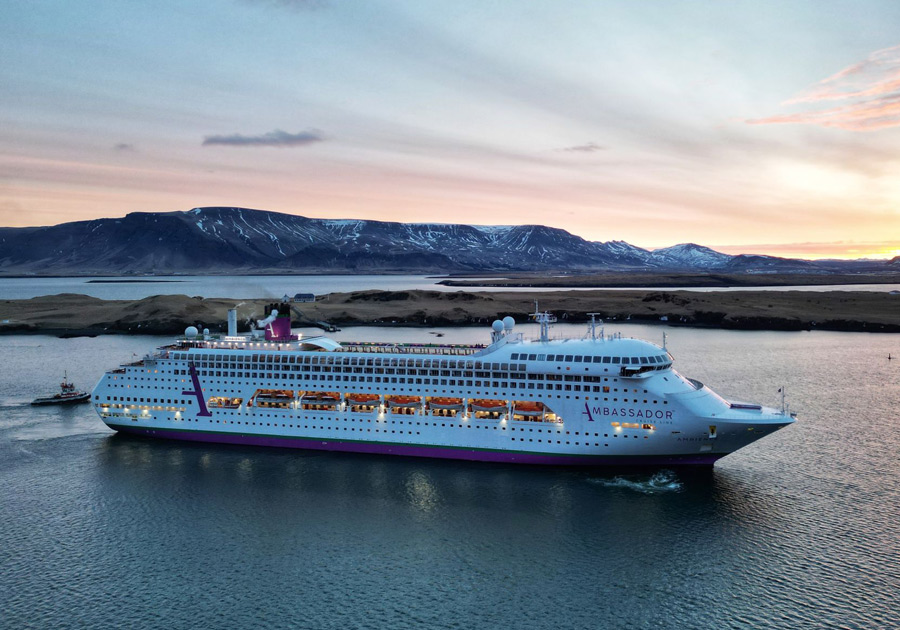
Launched in 1991 as the Regal Princess, and later renamed Pacific Dawn, the ship was sold to Ocean Builders, a company with ambitions to create a floating community for digital nomads and cryptocurrency enthusiasts. Renamed MS Satoshi, the plan was to anchor the ship in the Gulf of Panama, converting it into a residential hub where onboard transactions would be conducted using cryptocurrencies like Bitcoin.
However, the project faced insurmountable challenges. Securing insurance proved difficult, and regulatory hurdles related to waste management and ship registration could not be overcome. Consequently, the ambitious venture was abandoned, and the ship was put up for sale.
In 2021, the vessel was acquired by Ambassador Cruise Line, a newly established British cruise company. Renamed Ambience, the ship underwent extensive refurbishments at the Viktor Lenac Shipyard in Croatia to modernize facilities and ensure compliance with environmental standards.
Freewinds: Scientology Floating Church
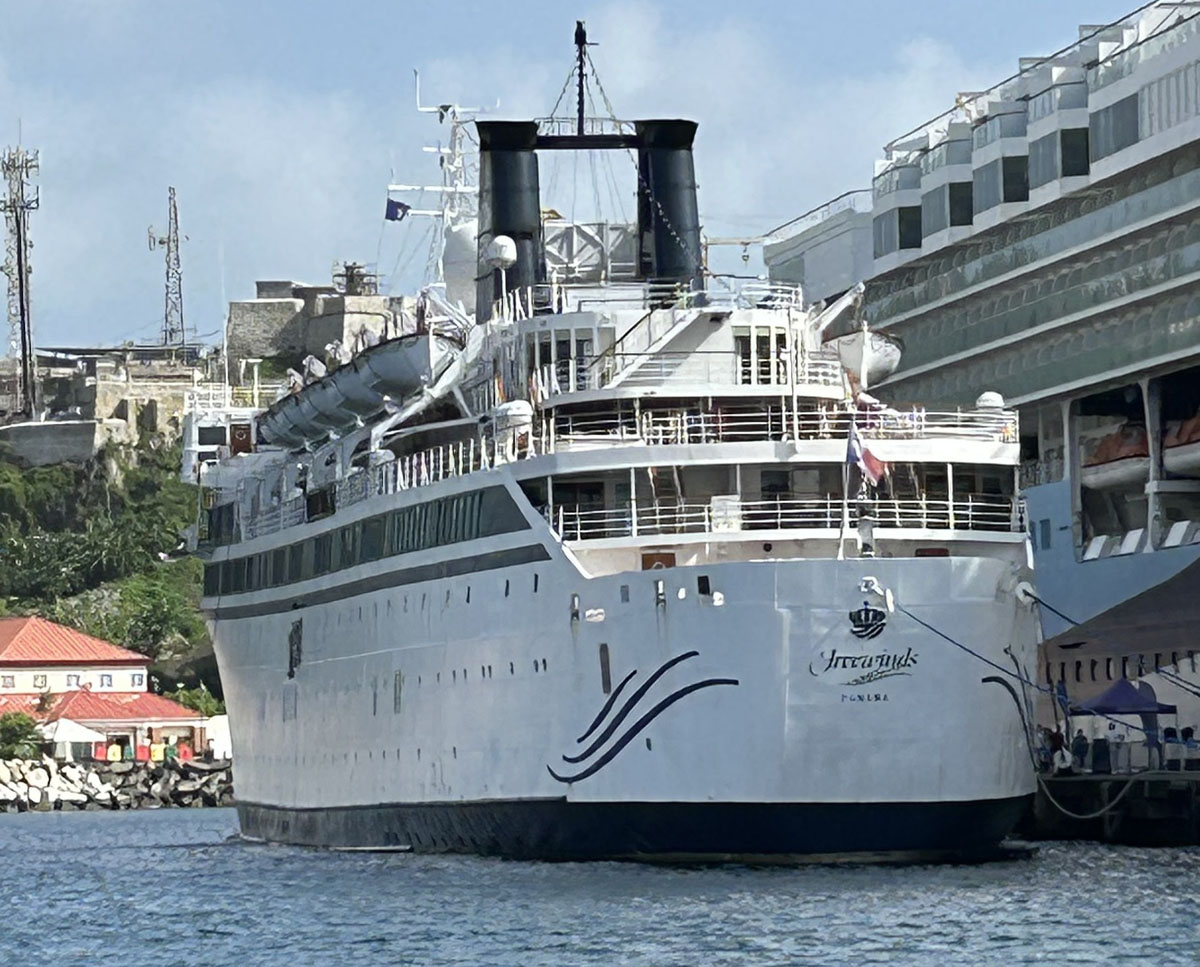
Since 1988 the cruise ship Freewinds is owned and operated by the Church of Scientology, serving as religious retreat and training center of the highest level of spiritual advancement in the Church's hierarchy.
The Freewinds functions as a secluded environment and is staffed entirely by members of the Sea Organization (Sea Org), a religious order within Scientology whose members commit to the Church for a symbolic billion-year term.
In 2008, reports emerged that the Freewinds contained significant amounts of blue asbestos, a hazardous material linked to serious health issues. Despite prior knowledge of its presence, the Church continued to operate the ship, leading to concerns about the safety of those on board.
As of April 2025, the Freewinds remains in operation, continuing its role as a religious retreat for the Church of Scientology. It is currently sailing under the flag of Panama and maintains its base in Curaçao.
Crew Insights
Articles and experiences shared by crew members working on cruise ship. Find out more about ship life at sea together with tips and advices for first time crew members and cruise oldtimers.












